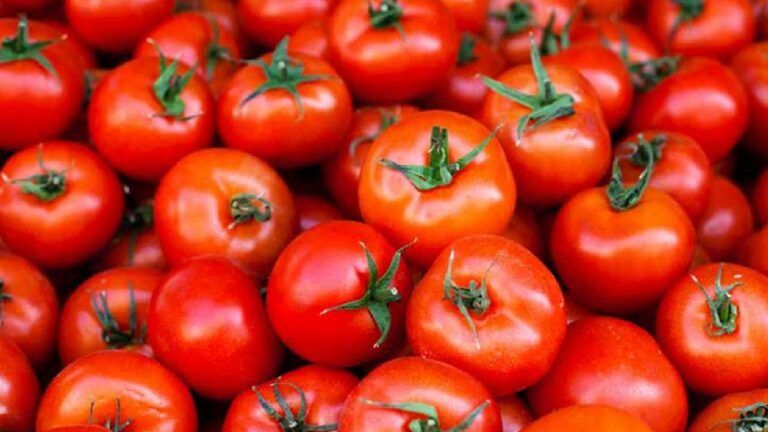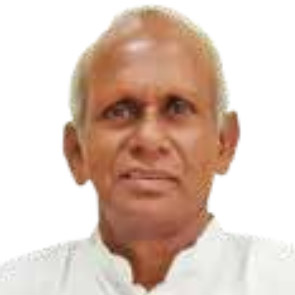The fluctuation in vegetable prices has both economic and psychological aspects. The economic aspect of it is that vegetable prices change according to the laws of supply and demand, which are influenced by two groups of people: farmers who create the produce and intermediaries who purchase the products from farmers. The farmers grow the vegetables in response to market demand. The real beneficiaries and the spoilers are the intermediaries, who have the power to inflate the price, hoard the product, and release it gradually. The farmers and the consumers (people) are the genuine losers in this situation, while the intermediaries are the real winners.
This is exactly what happened when tomato prices in the market suddenly increased during the past several days, primarily impacting the middle class and the poor. The wealthy are barely impacted by this variation. So, for the middle class and the underprivileged, tomatoes became priceless red gold like red hot chillies.
Onions experienced the same situation a few months ago. The issue, however, is with the consumers who are determined to purchase the commodity that the government or certain humanitarian organisations are subsidising despite the skyrocketing price, standing in a long queue, enduring the sun, and occasionally rain. In circumstances like this, we scarcely give it any thought. Why not go a few days without eating tomatoes? Then you’ll witness the miraculous. The market will soon be inundated with produce. I did it when onion prices skyrocketed. I gave up consuming onions. When the prices came down, I resumed eating onions.
We have developed the mentality that it is difficult to envisage cuisine without tomatoes and onions over time. Such meals will become flavourless. These two give curries, rasam, and sambhar taste. There is no way to argue against it. Even though I quit eating onions a few months ago, the flavour was starting to fade. I am experiencing similar situation with the tomatoes, right now. Even if it’s just a mental attitude, I can taste that the sambhar, rasam, and other curries are losing their quality. So, we are victims of this sickness that is unavoidable. It is a widespread syndrome. However, every one of us has the power to dismantle this condition and influence prices in the process.
Let us take the psychological aspect of it. I understood from my life that taste is a mental construct. When we consistently consume one type of food, it becomes subconsciously ingrained. It gets harder to get rid of it once it enters the subconscious. Our subconscious mind is in charge of not only our eating patterns but also our character and personality. That is how our likes and dislikes have developed; and our actions in the wakeful state are completely monitored and prompted by the subconscious. The brain tricks us into believing only taste is involved. No doubt, our food preferences and tastes are determined by multiple factors, including genes, experience, and age besides our mental attitude.
There’s a proven link between taste buds and memories. Some researchers appear to believe that conditioned taste aversion, a human survival strategy, maybe the root cause of the connection between food and memory. Marcel Proust described a man who took one tiny bite of a madeleine dipped in tea and was immediately carried away on a trip through memory in his (very long) novel, Remembrance of Things Past. Although it has come to be recognized as a “Proustian moment,” Proust did not invent the close connection between taste and memory. The psychology professor Don Katz said, “Taste is an illusion.” Can we deconstruct this illusion? Then we can control not only the prices of the perishable products but also many of our personal traits we have formed and rooted them in the subconscious.
But we frequently overlook the reality that the subconscious is the source of all of these things. If the subconscious is taken away, we disappear. Everything exists in our subconscious; it is a warehouse. On the surface, it motivates our behaviours. Our choices are predetermined and preconceived. Choice is therefore involved. No action is pure and instantaneous. Similar to this, habits do not just appear out of nowhere. Can we survive without it, that is the question. We must reflect about it. Meditation involves observing the subconscious, its makeup, and how it functions. Being mindful of the unconscious. This allows us to examine our character development and all acts when we are awake.





















